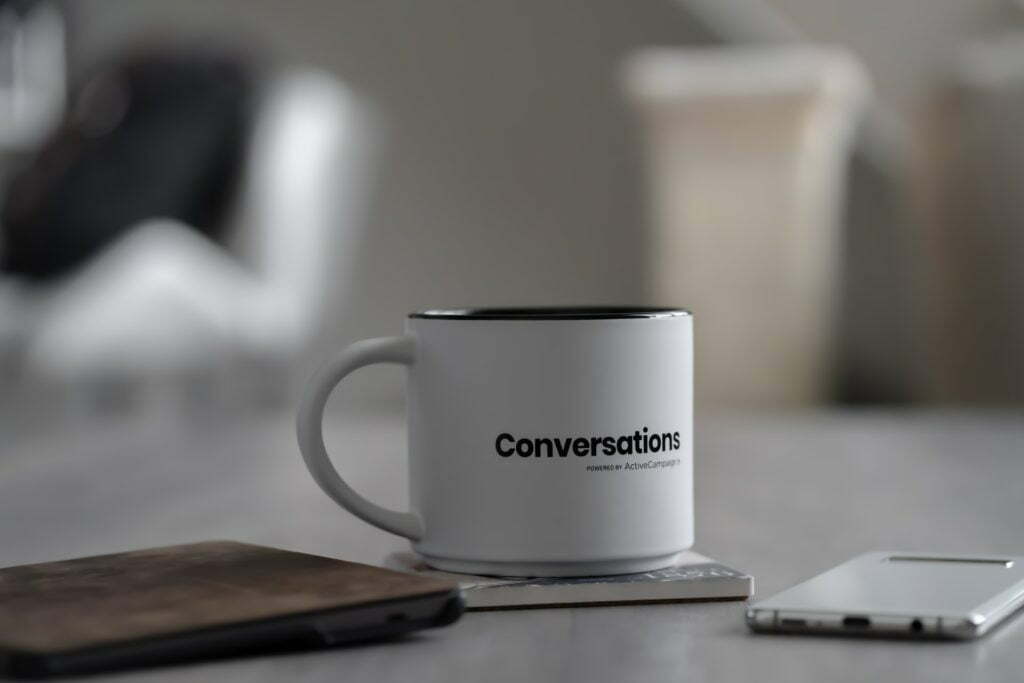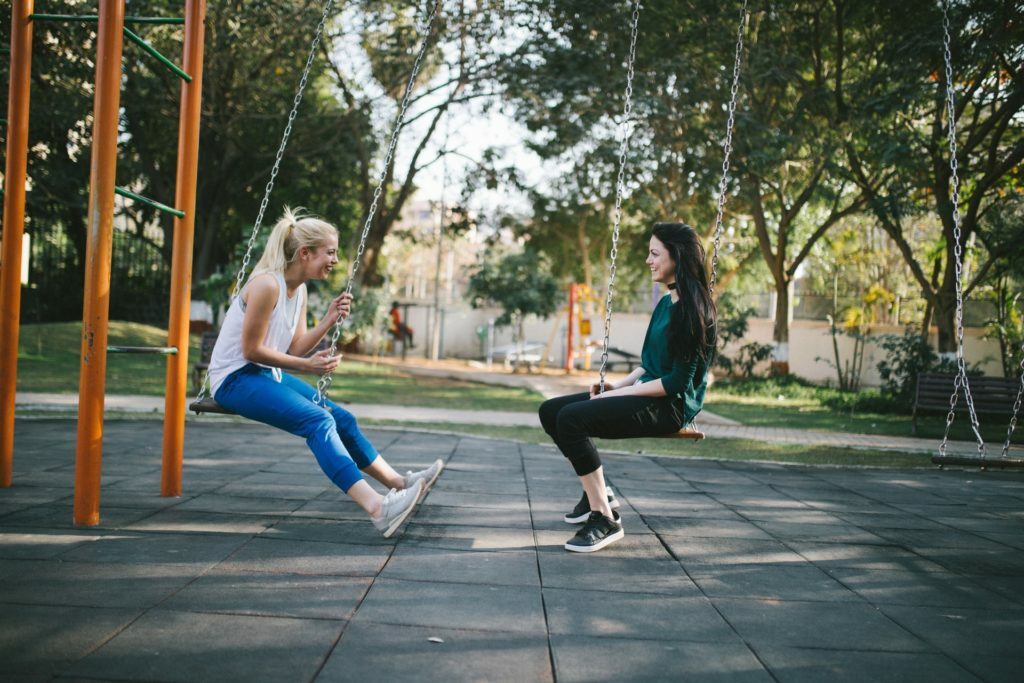The Power of Active Listening

In a world where we are constantly bombarded with noise, it’s easy to forget the power of simply listening. Whether it’s listening to our own thoughts or taking the time to really hear what someone else is saying, listening can be a transformative experience. In this article, we explore the different ways that listening can impact our lives.

The Art of Listening
‘Listening is an art that requires attention over talent, spirit over ego, others over self’ this is so true and we often forget the importance of listening. We live in a world where it seems like everyone is talking, but no one is really listening.
The biggest communication problem is we do not listen to understand, we listen to reply. In our homes, with our friends, in our businesses, we are often so focused on getting our own point across that we don’t take the time to truly listen to others. However, the art of listening is a powerful tool that can help you build better relationships, change people’s reactions, close deals, and resolve conflicts.
When you take the time to listen to someone, you are showing them that you value their opinion, you respect them and that you are interested in hearing what they have to say. This helps build trust and rapport. Listening also allows you to gather information and get a better understanding of the other person’s perspective.
This can be helpful when talking to our partner, children, other family members and friends. So next time someone comes to you with a problem or concern, take a step back and really listen to what they have to say. You may be surprised at how much you can learn and how much more effective you can be in both your personal and professional life. Children often have a very interesting perspectives on life that can help us adults see things differently, so take time to listen to what they have to say.

The Benefits of Listening
We all know the saying, “It’s not what you say, it’s how you say it.” But did you know that applies to listening, too? Good listening skills are just as important as good communication skills. After all, how can you truly communicate with someone if you’re not really listening to what they are saying?
Listening is more than just hearing the words that are being said. It’s about taking in the whole message, both verbal and nonverbal. That means paying attention to the speaker’s tone of voice, body language, and facial expressions. It also means letting go of any distractions and really focusing on what is being said.
The benefits of being a good listener are numerous. For one, people will appreciate that you’re taking the time to truly listen to them. This can help build trust and rapport. Good listeners also tend to be better problem-solvers. That’s because they’re able to gather all the relevant information before making a decision. And finally, good listeners tend to be more likeable overall. That’s because they make others feel heard and valued.
So next time you’re in a conversation, take a step back and really listen to what is being said, how it is being said and the meaning behind the words. Often you learn so much about a situation by listening. Two people can say the same thing but it can mean different things and you will only understand the true meaning if you 100% listen and observe.

How to Listen Effectively
Listening is a skill that is often underrated but incredibly important. In order to be a good listener, you need to be able to pay attention, understand, and remember what is being said. Here are some tips on how to listen effectively:
1. Pay attention. This may seem obvious, but it’s important to actually focus on what the other person is saying instead of letting your mind wander. Make eye contact and refrain from doing other things, such as looking at your phone or fidgeting.
2. Try to understand the speaker’s point of view. Listening isn’t just about hearing the words that are being said, but also trying to understand the feelings and emotions behind them. Put yourself in the other person’s shoes and try to see things from their perspective.
3 Let them speak. It can be tempting to want to jump in and share your own thoughts or experiences when someone else is talking, but it’s important to resist the urge and let them finish speaking first. Not only is it rude, but you might miss out on some key information if you interrupt.
4. Ask questions once you have listened or clarify what the person has said as this makes sure you have understood the person and it makes them realise that they have been heard.
5. Resist the urge to offer solutions until you fully understand the problem.
By following these tips, you can become a better listener at work and set yourself up for success in your career!

Listening in Relationships
We all know the power of communication. It can build bridges, create connections, and foster understanding. But what about the power of listening? In our fast-paced, technology-driven world, it’s easy to get caught up in our own thoughts and agendas and forget the importance of truly listening to others.
But when we take the time to really listen, we can learn so much about the people we care about. We can gain insights into their hopes, dreams, and fears. We can build stronger relationships based on mutual understanding and respect.
So next time you’re talking with your children, your partner, a friend or other loved one, take a step back and really listen to them. You may be surprised at how much you learn and you will make that person feel special.
Active listening is a communication technique that requires the listener to fully engage with the speaker, both verbally and non-verbally. It’s about more than just hearing the words that are being said; it’s about understanding the meaning behind them.
When you actively listen, you:
Show that you’re interested in what the other person has to say
Demonstrate your understanding of what they’re saying
Give them the opportunity to express themselves fully
Build trust and rapport
Resolve misunderstandings and conflict
Active listening can be used in any type of relationship, whether it’s with a friend, family member, co-worker, or romantic partner. It’s an essential skill for anyone who wants to build deeper, more meaningful relationships.

Conclusion
Active listening is a powerful tool that can help us to better understand others and build strong relationships. When we take the time to truly listen to what others are saying, we show them that we care about them and their experiences. This can lead to improved communication and deeper connections with the people in our lives. The next time you’re in a conversation, try really listening to what the other person is saying. You may be surprised at how much you learn and how much closer you feel to them as a result.




